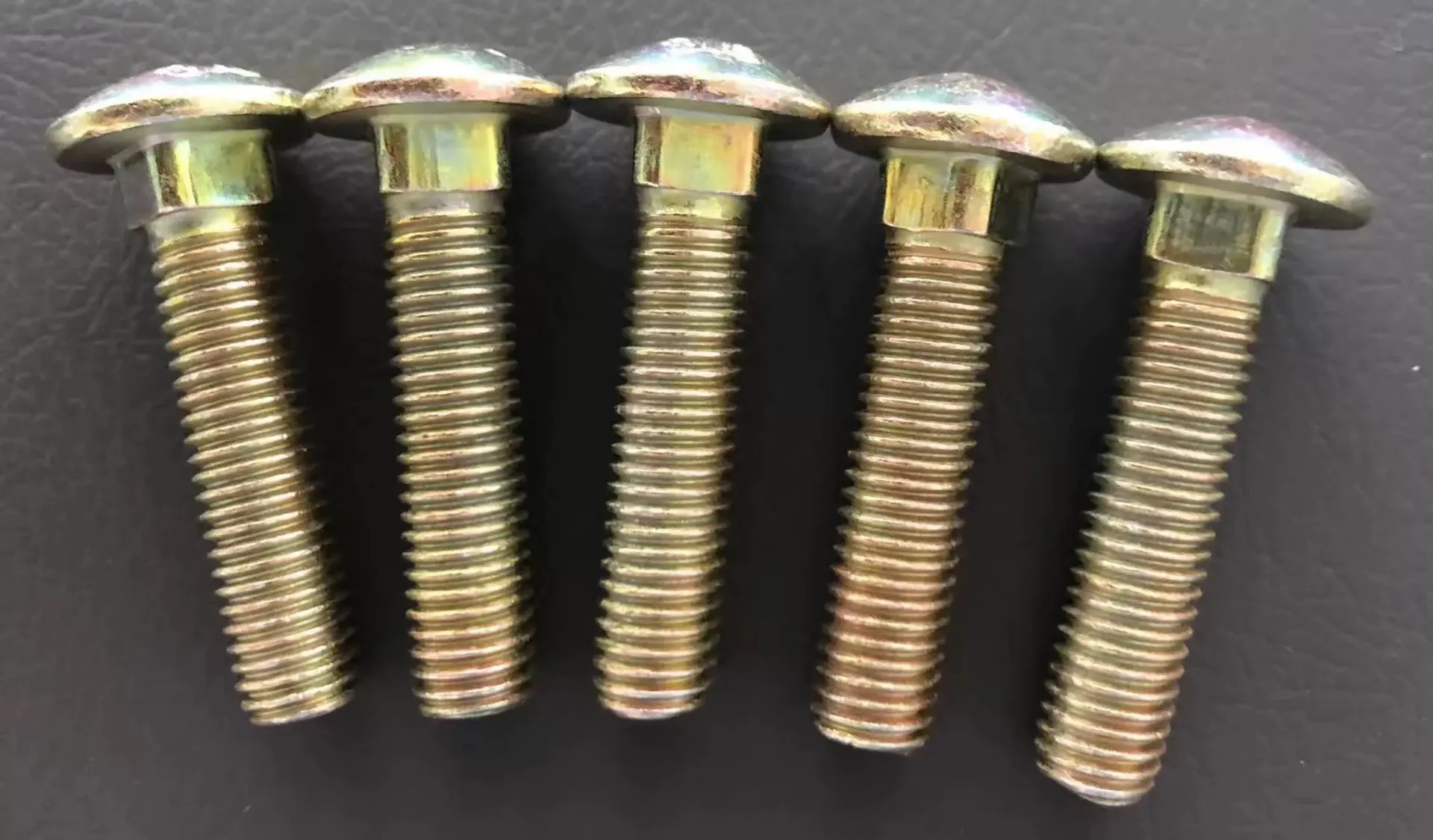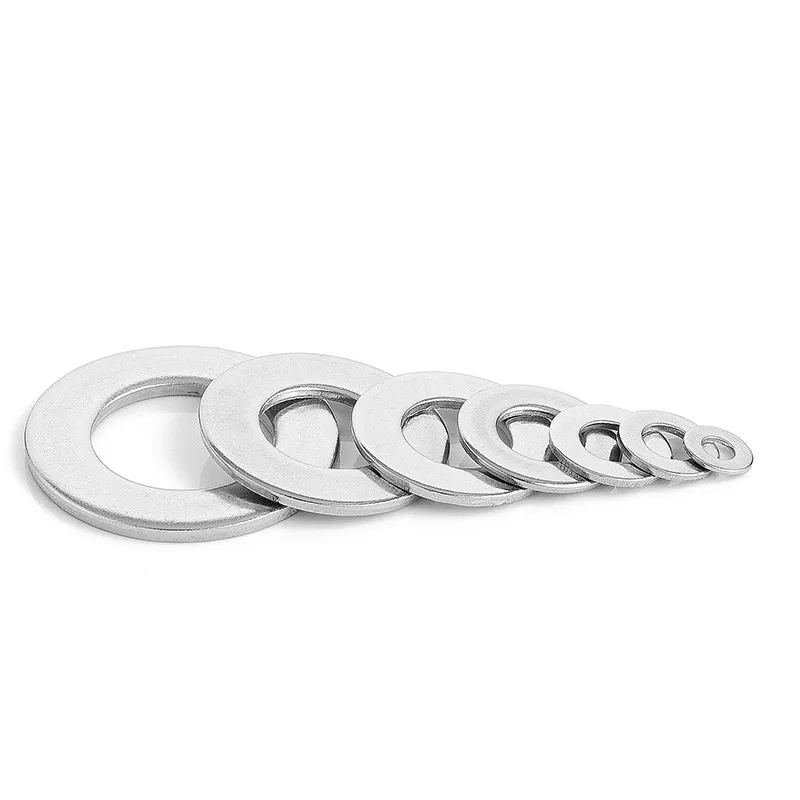

10 different types of fasteners
Jan . 13, 2025 10:14 Back to list
10 different types of fasteners
Fasteners are integral components within any manufacturing or construction project, providing much-needed stability, ease of assembly, and reliability. Understanding the diversity among these small yet mighty gadgets can streamline your choice and enhance your project’s longevity and safety. Drawing from experiences across various industries and building on authoritative insights, here are ten different types of fasteners and what makes them stand out.
Anchors offer solutions for fastening items to concrete or other brittle materials where traditional screws fail. These expand within the substrate, offering a firm grip. They are indispensable in civil engineering projects, securing structures like signage or cabling systems to walls and ceilings. Clips and clamps exert pressure to hold components in place without permanent deformation, pivotal in automotive and plumbing applications. Their flexibility allows for quick assembly and disassembly, accommodating maintenance and adjustments in systems like cable running and tubing joints. Pins, including cotter and clevis pins, are simple yet effective temporary fasteners, used extensively in machinery for keeping components aligned or connected. Their ease of installation and removal makes them valuable in maintenance-heavy environments where equipment integrity and operability are critical. Studs resemble bolts without heads, threaded at both ends, and offer a consistent fastening solution for engine components and turbine casings. Ideal for high-stress applications, studs ensure that joints withstand thermal expansion and contraction without loosening, maintaining a secure fit under varying temperatures. Lastly, adhesives, though not a traditional mechanical fastener, play a significant role in modern manufacturing. They provide a seamless bond that’s often preferable in environments where weight and aesthetics count, like in the technology and aerospace sectors. Understanding the different adhesive properties is crucial for selecting the right type for bonding metals, plastics, or composites. Mastering the application of these fasteners not only demands expertise on the specific strengths and uses but also understanding the environmental and material-specific challenges that may influence their performance. Selecting the appropriate fastener impacts the safety, durability, and success of any project, underscoring the necessity for a knowledgeable approach in every application.


Anchors offer solutions for fastening items to concrete or other brittle materials where traditional screws fail. These expand within the substrate, offering a firm grip. They are indispensable in civil engineering projects, securing structures like signage or cabling systems to walls and ceilings. Clips and clamps exert pressure to hold components in place without permanent deformation, pivotal in automotive and plumbing applications. Their flexibility allows for quick assembly and disassembly, accommodating maintenance and adjustments in systems like cable running and tubing joints. Pins, including cotter and clevis pins, are simple yet effective temporary fasteners, used extensively in machinery for keeping components aligned or connected. Their ease of installation and removal makes them valuable in maintenance-heavy environments where equipment integrity and operability are critical. Studs resemble bolts without heads, threaded at both ends, and offer a consistent fastening solution for engine components and turbine casings. Ideal for high-stress applications, studs ensure that joints withstand thermal expansion and contraction without loosening, maintaining a secure fit under varying temperatures. Lastly, adhesives, though not a traditional mechanical fastener, play a significant role in modern manufacturing. They provide a seamless bond that’s often preferable in environments where weight and aesthetics count, like in the technology and aerospace sectors. Understanding the different adhesive properties is crucial for selecting the right type for bonding metals, plastics, or composites. Mastering the application of these fasteners not only demands expertise on the specific strengths and uses but also understanding the environmental and material-specific challenges that may influence their performance. Selecting the appropriate fastener impacts the safety, durability, and success of any project, underscoring the necessity for a knowledgeable approach in every application.
Next:
Latest news
-
Durable Brass Fasteners: Quality Solutions for Every Project
NewsAug.19,2025
-
High-Strength Hot Dip Galvanized Bolts - Hebei Longze Metal Products Manufacturing Co., Ltd.|Corrosion Resistance, Customizable Sizes
NewsAug.18,2025
-
Hot Dip Galvanized Bolts - LongZe | Corrosion Resistance, High Strength
NewsAug.18,2025
-
Hot Dip Galvanized Bolts-Hebei Longze|High Strength&Corrosion Resistance
NewsAug.18,2025
-
High-Strength Hot Dip Galvanized Bolts - Hebei Longze | Corrosion Resistance, High-Strength
NewsAug.18,2025
-
Secure & Stylish Cap Nuts for Every Fastening Need
NewsAug.18,2025

